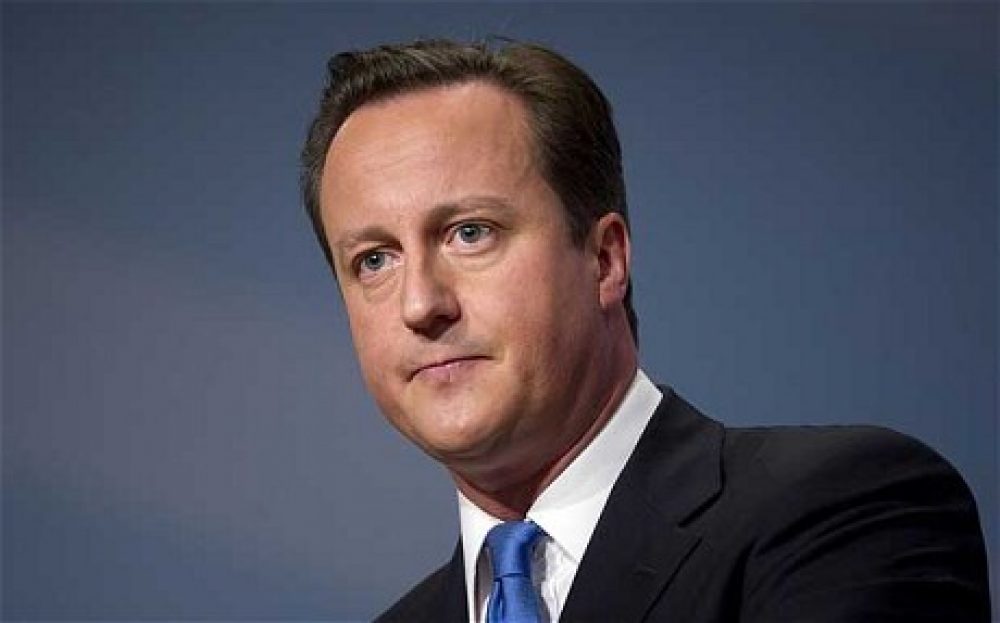The prime minister has given his strongest backing yet for the expansion of grammar schools.
Speaking at an event today, David Cameron said he “strongly supported” good schools growing and included grammar schools in that context.
Mr Cameron is reported to have said: “I strongly support the right of all good schools to expand. I think that’s very important and that should include grammar schools.
“Under this government, grammar schools have been able to expand and that is all to the good.”
It comes as education secretary Nicky Morgan is considering the opening of an “annexe” to an existing grammar school – Weald of Kent Grammar School – in Kent.
Its plans had previously been turned down by former education secretary Michael Gove under the School Standards and Framework Act 1998, which prevents the opening of new selective schools.
Originally the girls’ school applied to open a “satellite” campus, located several miles from its main site, as a co-educational school. Grammar schools can expand if the second site operates under a single governing body managing structure, curriculum, staffing and budget, and if one set of admissions criteria is in place for both sites.
The school’s trust is now applying to keep the satellite site as a single-sex intake, and hopes this will ensure it is compliant with the 1998 framework.
Theresa May last November also backed plans for the opening of a new grammar school in her Maidenhead constituency.
Mr Cameron added: “I don’t want to pre-empt [Nicky Morgan’s] decision, that’s a decision for the Education Secretary to make. But the principle is very clear: good schools should have the freedom to expand.”
Previously, deputy prime minister Nick Clegg told Schools Week said he was against grammar schools and plans to expand.
The Department for Education said a decision about the Kent grammar school would be made in “due course”.







Academies can already increase their PAN without consultation. This can made it difficult for LAs to manage school place supply if an academy increases in size to such an extent that it could threaten the viability of a neighbouring school.
When grammar academies expand the grammar creams off high-ability children from a wider area. This skews the ability range in neighbouring comprehensive areas. For example, Bourne Grammar School, Lincolnshire, increased its PAN and pupils come from as far away as Peterborough and Rutland. A recent inspection of Casterton Business and Enterprise College, Rutland, very near the Lincolnshire border, said the College had fewer previously high-attaining pupils than might be expected. That’s because many of these have gone to Bourne Grammar. Rutland’s three secondary schools are all comprehensive, but the decision taken by a grammar academy in a neighbouring county has threatened the comprehensive identity of one of Rutland’s schools.
Cameron might think this will be a vote winner. But the pro-grammar lobby is a noisy minority. In a November 2014 YouGov poll, only 38% of respondents said they would support new grammars, 20% said existing grammar schools should remain but no more should be built while a further 26% said existing grammars should become comprehensive. 17% weren’t sure.
Support for grammars was greatest among the oldies – the younger the age group, the less support.